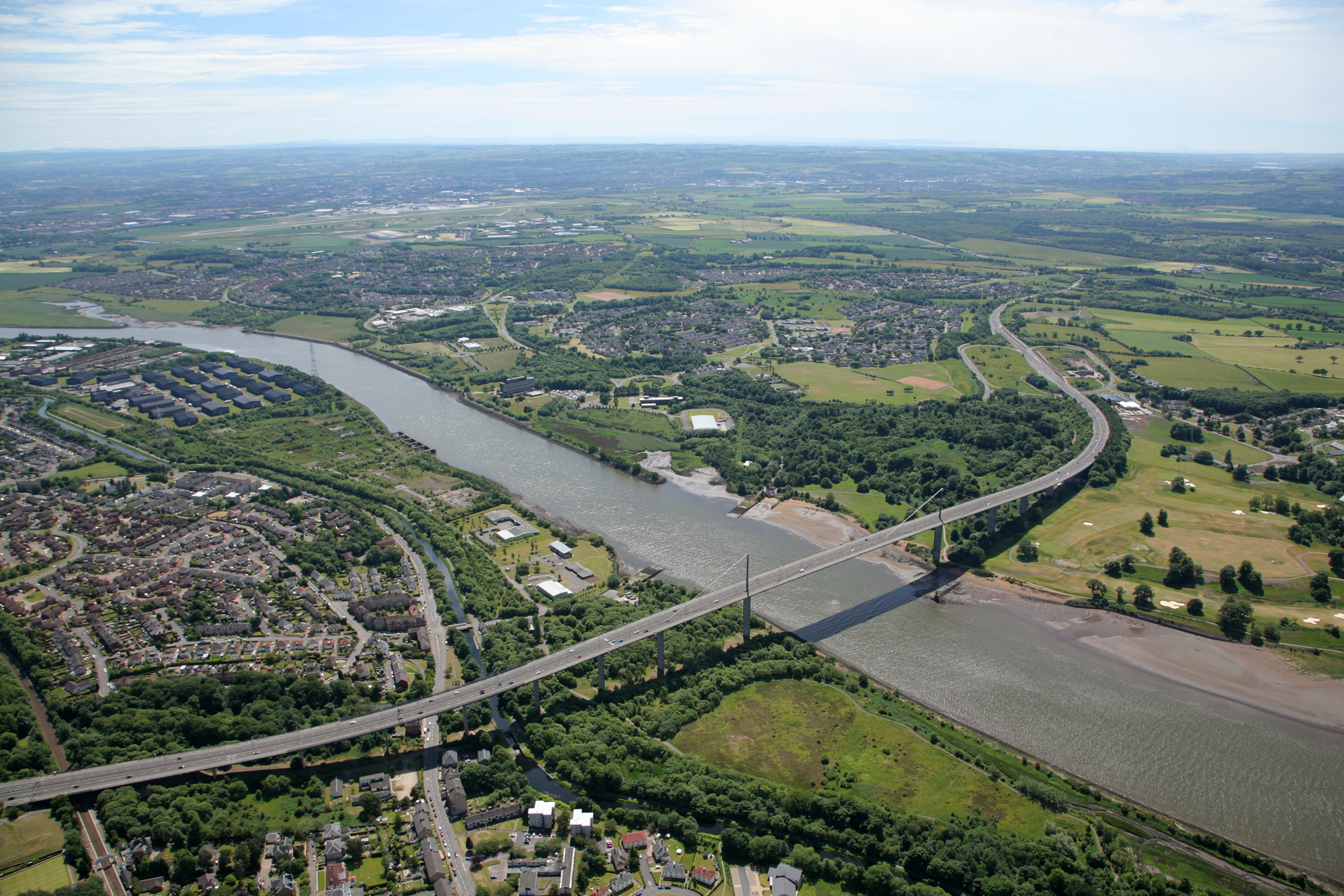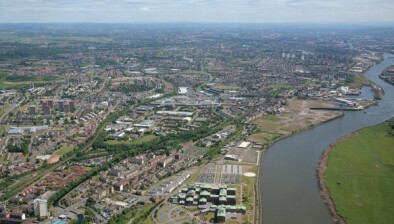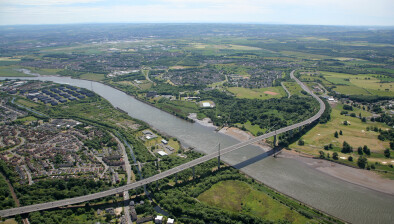West Dunbartonshire unveils net zero by 2045 strategy
West Dunbartonshire Council has set out its plans to achieve net zero emissions by 2045.

The climate change strategy has been created in response to Scotland’s Climate Emergency and Scottish Government’s own carbon emission targets.
It is anticipated that the ambitious plan will be achieved through a number of different practical actions including energy improvements, waste reductions, and reduced vehicle emissions as well as giving additional consideration to the social, economic and environmental impact of all council activities.
The council has already taken steps reduce its emissions, with a reduction of 25.99% having been achieved since 2012-13.
Councilor Iain McLaren, convener of infrastructure, regeneration and economic development, said: “It is vital that we take action now and play our part in the global effort to reduce the impacts of climate change, and I am pleased to see that as a council, we are taking our role very seriously by introducing this strategy.
“This will not only build on the existing environmental work the council is undertaking, but transform the way our organisation works by integrating climate change mitigation, adaptation and sustainability measures into our operations and empowering our communities to take their own action to make change.”
To meet the net zero target by 2045, the council will aim to achieve a 3.5% reduction in carbon emissions each year, dropping to an annual reduction of 2.5% in 2030.
In order to achieve this, key review points will include housing; waste; sustainable travel; sustainable procurement; schools and education; communities and health; and biodiversity, landscape and Greenspace.
An action plan will be developed and brought back to a future meeting of West Dunbartonshire Council.
The strategy and action plan will be reviewed annually, with an updated strategy being published every five years.
The delivery of the strategy will be managed by a new Climate Change Action Group, which will share responsibility of objectives for each council service area.
Councillor Marie McNair, vice convener of infrastructure, regeneration and economic development, added: “This strategy illustrates our firm commitment to mitigating national carbon emissions by supporting the Scottish Government to meet its ambitious climate change targets.
“As a council we have already looked at how we use and provide energy; regularly encouraged employees to be more environmentally-friendly; developed biodiversity sites throughout the area and taken steps to manage and reduce the council-wide carbon footprint. The plan outlined in this strategy will allow us continue making progress on tackling climate change locally as well as supporting national and global aims.”














